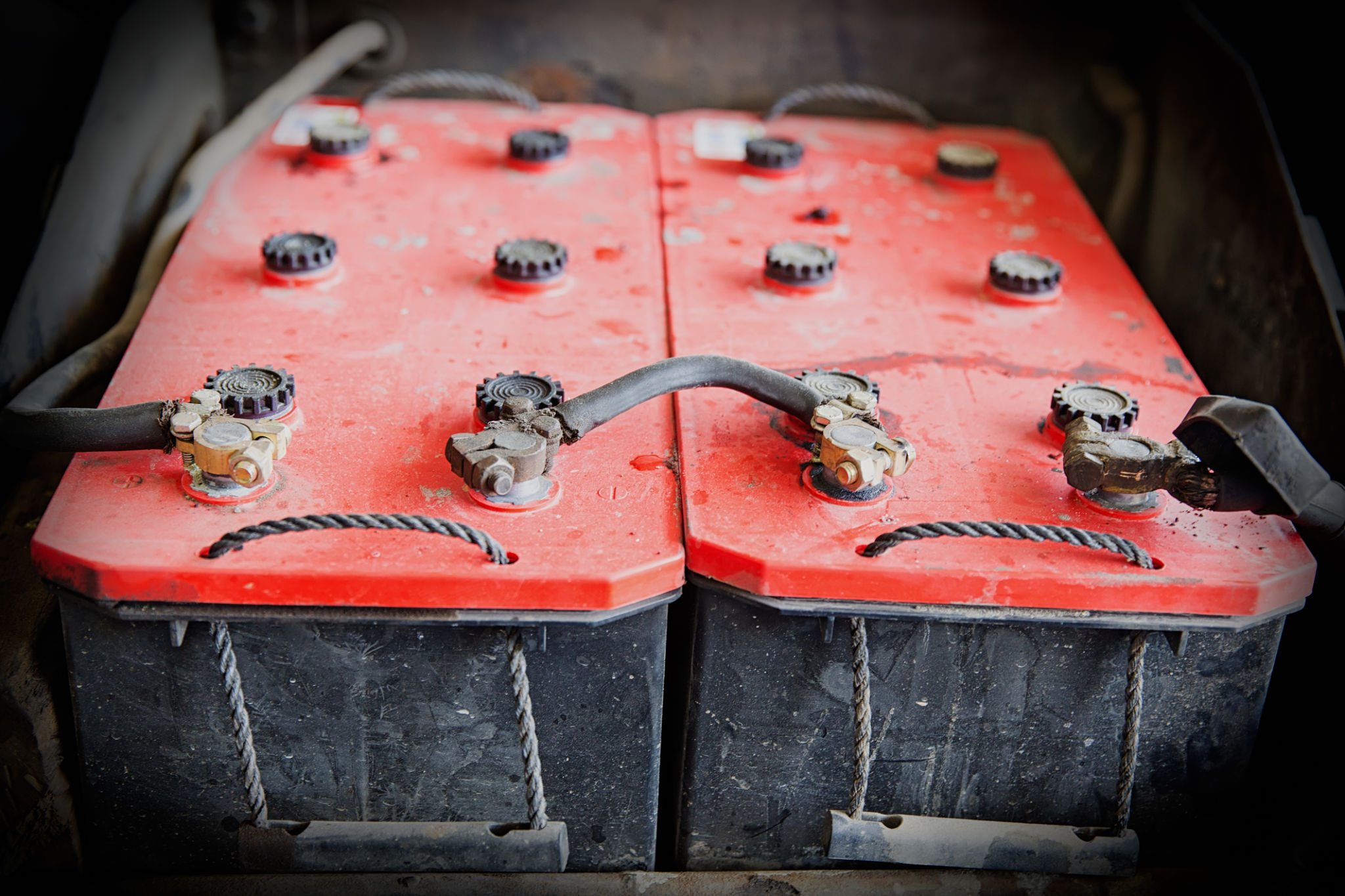How to Diagnose Common Diesel Engine Issues: A Guide for Truck Operators
As a truck operator, understanding how to diagnose common diesel engine issues can save you both time and money. Diesel engines are known for their durability and efficiency, but like any machinery, they are prone to certain problems. This guide will help you identify and address some of the most frequent issues you might encounter.
Starting Problems
One of the most common issues with diesel engines is difficulty starting. This can be caused by a variety of factors, including a weak battery, faulty starter motor, or issues with the fuel system.
Check the Battery
A weak or dead battery is often the culprit behind starting problems. Use a multimeter to check the battery voltage. A fully charged battery should read around 12.6 volts. If the reading is below this, the battery may need charging or replacement.

Inspect the Starter Motor
If the battery is in good condition, the next step is to inspect the starter motor. Listen for a clicking sound when you turn the ignition key. If you hear this sound but the engine doesn't start, the starter motor might be faulty and need replacement.
Fuel System Issues
Diesel engines rely heavily on their fuel systems, and any disruptions can lead to performance issues. Common fuel system problems include clogged fuel filters and air leaks.
Replace Clogged Fuel Filters
Fuel filters prevent debris from entering the engine. Over time, they can become clogged, restricting fuel flow. Regularly replacing fuel filters as part of your maintenance routine can prevent this issue.

Check for Air Leaks
Air leaks in the fuel system can cause engine misfires and reduced power. Inspect all fuel lines and connections for signs of wear or damage. Tightening or replacing loose or damaged components can resolve these issues.
Overheating Problems
Overheating is another issue that can significantly affect diesel engine performance. It’s crucial to address overheating promptly to avoid severe engine damage.
Monitor Coolant Levels
Low coolant levels are a common cause of overheating. Regularly check your coolant levels and top them up as necessary. Ensure there are no leaks in the cooling system that could cause coolant loss.

Inspect the Radiator
The radiator plays a critical role in maintaining engine temperature. Check for any blockages or damage that could impede airflow. Cleaning the radiator fins and ensuring proper airflow can help prevent overheating.
Exhaust Smoke Diagnosis
The color of exhaust smoke can offer valuable clues about diesel engine health. Black, blue, or white smoke indicates different issues.
Identify Smoke Color
- Black smoke: This suggests an overly rich fuel mixture. Check for clogged air filters or malfunctioning injectors.
- Blue smoke: Indicates burning oil, often due to worn piston rings or valve seals.
- White smoke: Caused by unburnt fuel, often due to injector problems or low engine temperature.

By understanding these common diesel engine issues and their symptoms, truck operators can diagnose and resolve problems more efficiently. Regular maintenance and prompt attention to any abnormalities will ensure your diesel engine remains reliable and in top condition.